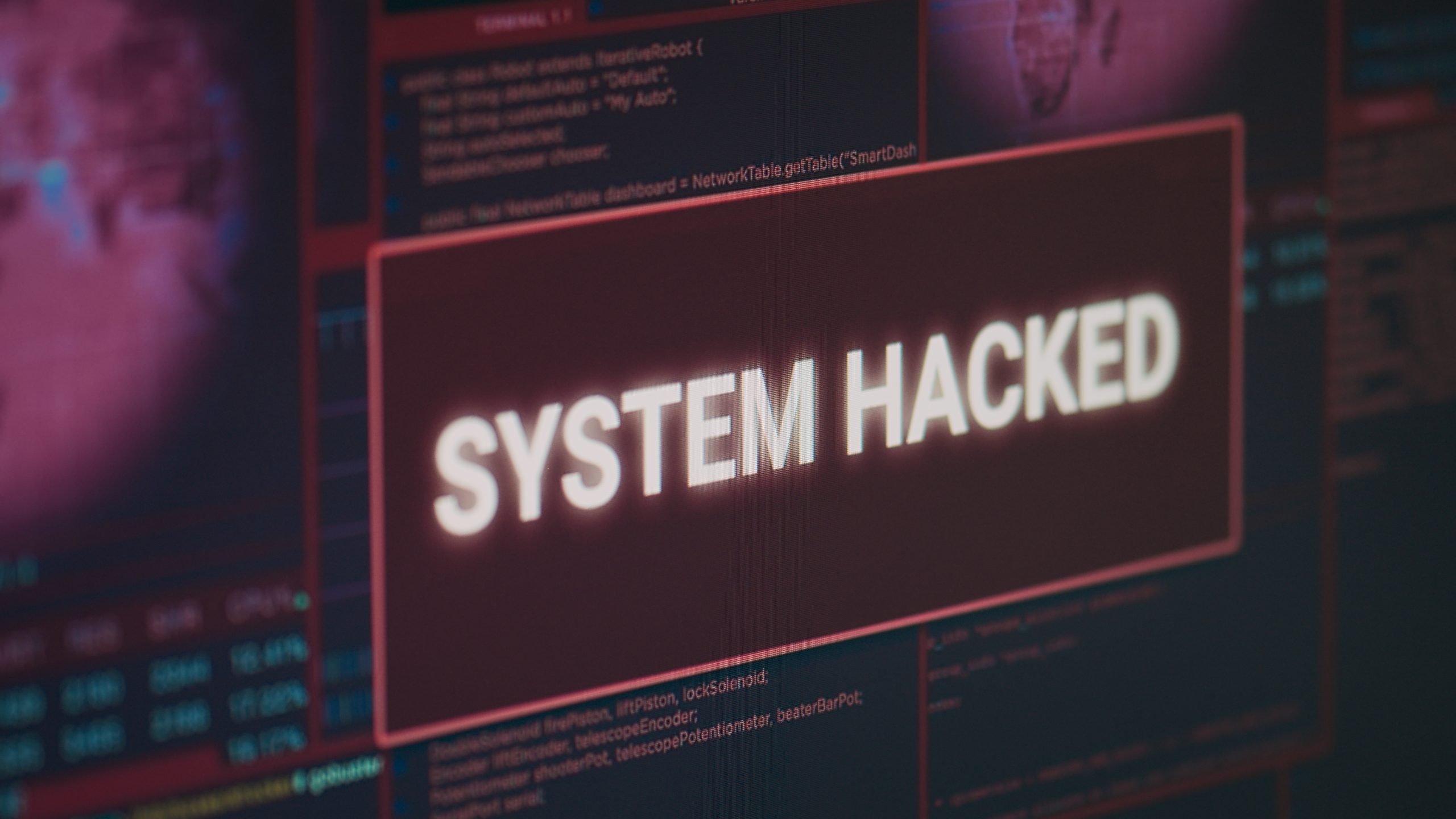SINGAPORE: A recent study by Cisco has revealed a concerning trend among companies in Singapore when it comes to cybersecurity readiness. Despite 81% of businesses expressing confidence in their ability to fend off cyberattacks with their current infrastructure, only 1% of Singapore companies are on the “mature” level of cyber threat readiness, as per Cisco’s 2024 Cybersecurity Readiness Index.
The majority of companies, a whopping 71%, find themselves in the “beginner” or “formative” stages of cybersecurity readiness, citing “point solution overload” as one of the reasons.
The Edge Singapore reports that respondents admitted multiple point solutions slowed down their ability to detect, respond, and recover from cyber incidents. Concerns rise as 69% of businesses have deployed 10 or more of these point solutions, with 27% admitting to utilising 30 or more.
Adding to the complexity are unsecure and unmanaged devices. 85% of companies report that their employees access company platforms from devices that aren’t under proper management, while nearly half(44%) of them spend a considerable portion of their working hours connected to company networks from such devices.
Moreover, a significant proportion (33%) of employees admit to hopping between at least six different networks every week, further exacerbating security risks.
In addition, the scarcity of cybersecurity talent poses a significant obstacle to improving cybersecurity posture. 43% of companies surveyed revealed that they had more than ten unfilled cybersecurity-related roles within their organisations at the time of the survey.
Ms Bee Kheng Tay, president of Cisco Asean, stresses the importance of businesses in Singapore adopting a comprehensive approach to cyber resilience.
She said, “Businesses in Singapore need to adopt a multi-pronged platform approach to their cyber resilience, from investing in protective cybersecurity measures to leveraging generative AI to enhance their security programmes and bridging the cybersecurity talent gap to establish a baseline of readiness across their organisation.”
Despite the current challenges, there is some encouraging news. The study found that almost all respondents (99%) plan to increase their cybersecurity budget in the next 12 months, with 46% intending to upgrade their IT infrastructure.
Additionally, strategies such as upgrading existing solutions (66%), deploying new solutions (54%), and investing in AI-driven technologies (58%) are on the horizon for many companies.
The 2024 Cybersecurity Readiness Index evaluates companies based on five crucial pillars: Identity intelligence, network resilience, machine trustworthiness, cloud reinforcement, and AI fortification.
Over 8,000 private sector security and business leaders across 30 global markets participated in the study. Based on their responses regarding the deployment of various solutions and capabilities, companies were classified into four stages of readiness: Beginner, Formative, Progressive, and Mature. /TISG

